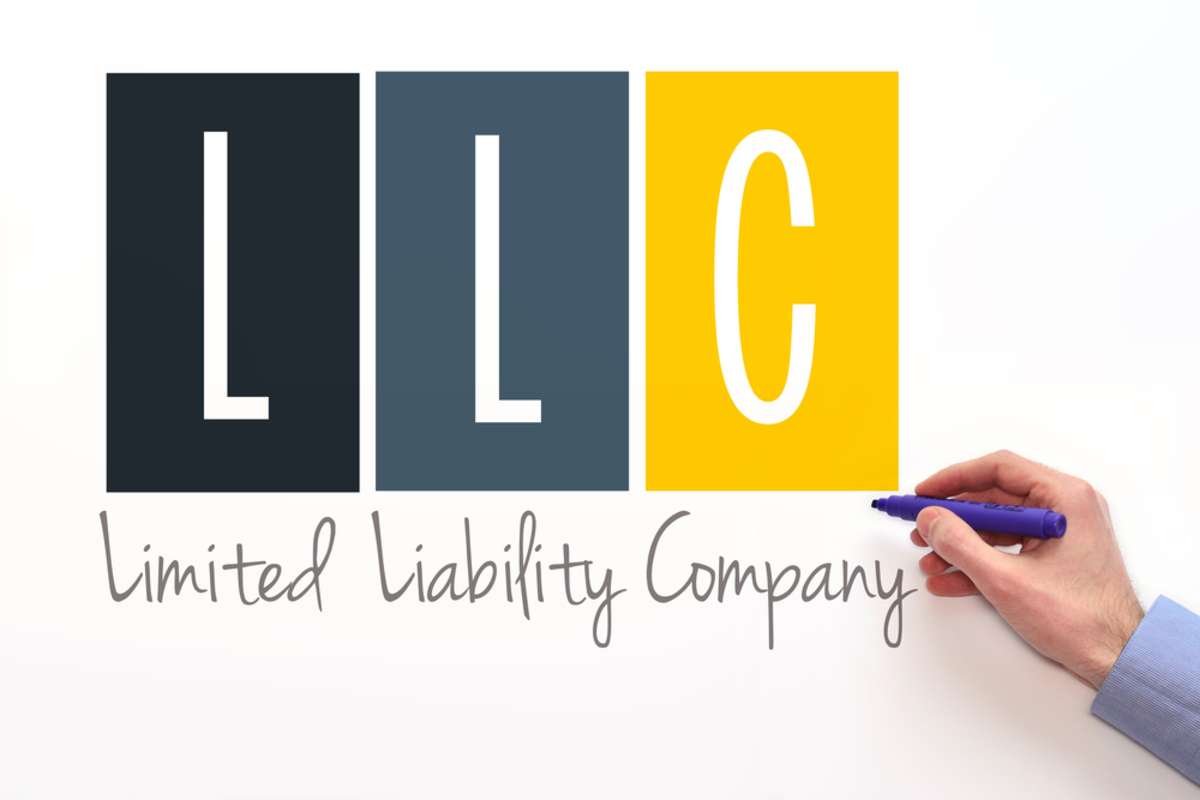Updated August 5, 2022.
Many people want to invest in rental properties but don't realize it's more than just buying a property and putting a "for rent" sign in the yard. One critical thing for real estate investors to consider is setting up a business entity for their real estate company.
There are several options available for real estate investors. Today, we will look at some of those and discuss some differences and advantages that can help a property owner choose the best type of incorporation. An experienced real estate attorney or a Shoreline property management company can also be a valuable resource to help you thrive as a landlord. Here's what rental property owners should know about an LLC vs. other types of business entities.
What Business Entities Should A Rental Property Owner Consider?
The type of business entity you choose for your real estate investment business can affect how it is taxed and, ultimately, your bottom line. The most common entities recommended by property managers are general partnerships, LLCs, or corporations. Understanding the advantages and disadvantages of these entities will help you make an informed decision about which one to use for your real estate investing company.
A General Partnership (GP)
A general partnership (GP) is the simplest form of an organization for tax filing requirements. There are no legal formalities required by law other than two or more people agreeing to be co-owners with equal rights to management decisions and profits. However, GPs can cause problems if the partners disagree on important issues like how much each person should contribute financially or if one property owner wants to leave the business.
However, the advantages of a general partnership include an easy setup and income that is only taxed once. While those can be excellent benefits, a general partnership often lacks liability protection if something goes wrong. For example, if one partner is sued, the other partners can also be sued, regardless of whether they are at fault.

Limited Liability Company (LLC)
An LLC (limited liability company) is an organization that combines the advantages of a corporation with the tax benefits and flexibility of a partnership or sole proprietorship. The owners are called "members" rather than partners, so this structure can have multiple members who share ownership, much like shareholders do in a corporation.
This is often the best choice for real estate investing because this business entity offers limited liability protection to all members of an LLC, which means that each member's personal assets are protected from business debts and claims. While it's best to use a reliable attorney to set up an LLC, the best property management companies often recommend this option to protect investments while separating personal assets.
Corporations (C-Corp or S-Corp)
A corporation (S-Corp) is a separate legal entity owned by shareholders with limited liability, like an LLC. The most significant difference between a C-Corp and an LLC is that corporations are subject to double taxation. This means that the corporation pays taxes on investment profits, then the shareholders also pay taxes on their dividends and capital gains.
When considering a corporation, property owners might wonder about the difference between an S-Corp vs. a C-Corp. Many investors choose an S-Corp instead of a C-Corp to avoid that double taxation issue. However, with any corporation, investors must follow IRS rules for membership, reporting, and filing.
No Matter Your Choice, Choose Something
While it can be tempting to simply operate as a sole proprietor, choosing a business entity is necessary to protect yourself and your assets as a real estate investor. If you are sued by a professional tenant, a vendor, or a partner in the company, the protection of an LLC or S-Corp can keep you from losing personal income and assets through a lawsuit.
Work With a Real Estate Attorney
Just like choosing the right company to handle your property management services, it is crucial to have an attorney help you decide which type of entity will work best for your needs. Different types of entities offer different levels of liability protection and tax benefits. A successful property owner must weigh the pros and cons of choosing the best protection for their residential properties. While a professional service property manager can offer valuable insights, having a knowledgeable attorney helps owners avoid legal issues and build a strong real estate investment portfolio!

Protect Shoreline Investments With a Property Management Company and Business Entity
What is the best business entity for your real estate investing? Work with a lawyer and a Shoreline property management company to analyze your options and set up the best protection for long-term success.
If this sounds intimidating or if you want help finding a real estate attorney or an accountant, The Joseph Group can help! Our rental management experts deliver residential property management services and so investors experience better ROIs. Reach out soon to learn more about how we can help!


